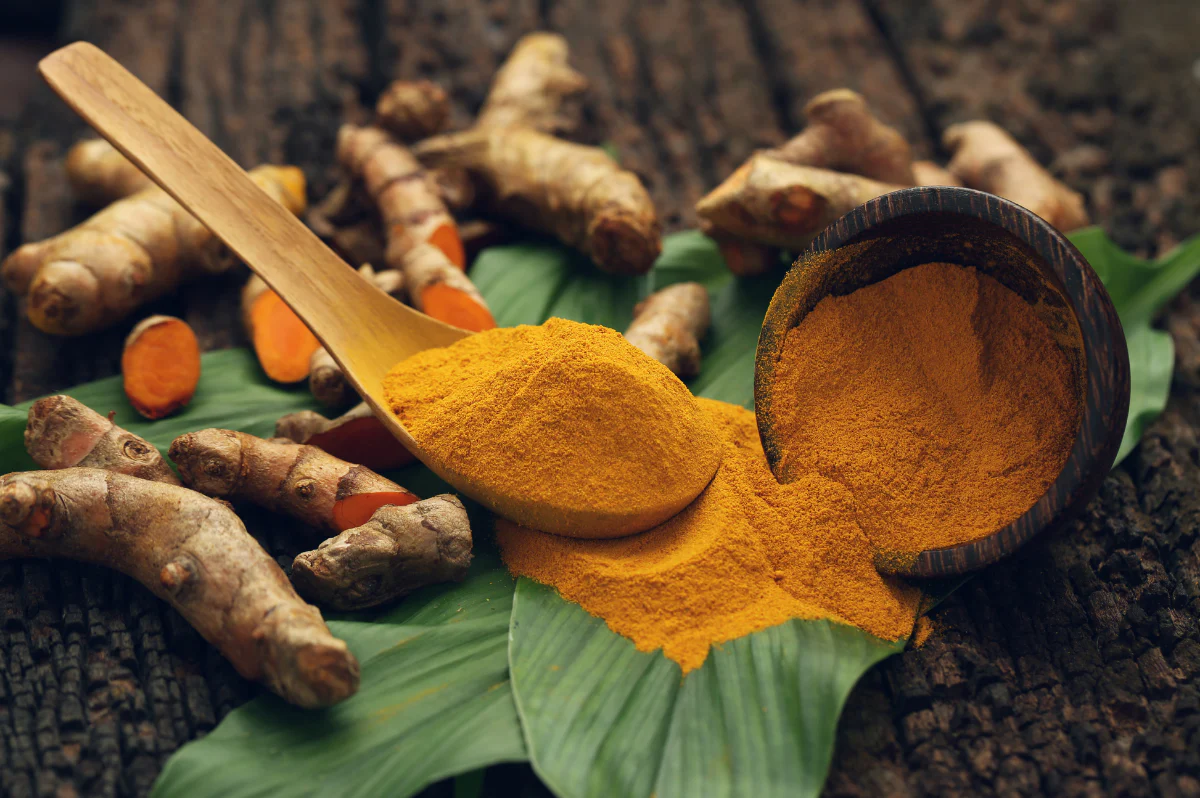Ayurveda, or the ancient Indian system of healing medicine, dates back over 5,000 years. It provides a holistic system of health care that encompasses diet, herbal remedies and exercise as integral parts.
Ayurved medicines are often made from whole herbs; however, some plant preparations may contain harmful elements like lead, mercury and arsenic that could be potentially hazardous to health.
1. Anti-inflammatory activity
Curcuma longa, more commonly known by its scientific name turmeric, has long been recognized for its natural anti-inflammatory effects. Ayurveda medicine recognizes turmeric’s effectiveness against inflammation as well as cancer prevention, diabetes management, antidiarrheal treatment and antimicrobial properties.
Ayurved medicine takes a preventive approach to wellness and emphasizes the relationship between body, mind, soul and the universe. To treat illness it uses herbs medicines, exercise regiments, healthy diet plans, yoga and meditation practices – often combined.
Ayurved practitioners use various factors, including facial analysis, body shape, walking pattern, speech pattern and pulse analysis, to ascertain a person’s dosha (aka prakhruti and dosha). There are three doshas in Ayurveda; vata represents movement; pitta digestio or metabolism and kapha structure and lubrication and structure energy respectively; any excess or deficiency may contribute to disease; Ayurvedic herbs like ginger (Zingiber officinale Roscoe) and turmeric (Curcuma longa L. T) have been proven effective against inflammation through their anti inflammatory properties against pro inflammatory mediators including cytokines and chemokines.
2. Antioxidant activity
Ayurved practitioners regard turmeric as an antioxidant-rich spice. Extracted from the rhizome of an herb related to ginger, this pigment provides color and flavor while possibly helping protect against some health conditions.
Ayurveda views all illness as the result of imbalanced energy. Our bodies contain three main energies, known as vata, pitta and kapha; vata provides movement while pitta governs digestion and metabolism while kapha provides structure and lubrication.
Many herbs used in Ayurved medicine contain antioxidants. One example is Brahmi (Bacopa monnieri), which has been shown to improve cognitive abilities and decrease stress levels, while Ajwain may help improve digestive functions as well as lower blood sugar levels in those suffering from diabetes.
Ayurved therapies haven’t been as thoroughly investigated as Western therapies, yet some evidence indicates their benefits. If you take medications or have medical conditions that might interfere with Ayurved therapies, consult with your physician first before trying any ayurvedic herbs.
3. Antimicrobial activity
Turmeric is an orange-yellow spice commonly used to add flavor and color to dishes such as curry. Turmeric contains antimicrobial properties; one such compound being curcumin.
Root of Curcuma longa has long been utilized in traditional medicine to reduce inflammation, pain and treat respiratory infections. Furthermore, turmeric serves as an antioxidant and may lower risk for heart disease and cancer.
Turmeric may help lessen the side effects of chemotherapy and radiation on the digestive system and lungs, but its exact role remains uncertain. A 2021 small study reported that cancer patients who took a combination of herbs and minerals including turmeric, winter cherry (Withinia somnifera) and boswellia serrata experienced less pain compared to those taking only placebo; it’s essential that any supplements be discussed with your healthcare team first before beginning them.
4. Anti-aging activity
Ayurved medicine is a holistic healing approach designed to promote holistic wellbeing in body, mind and spirit. This includes diet changes, exercise and herbal medication; many herbs used have antioxidant effects and could protect against long-term illnesses; transcendental meditation is also commonly practiced within this system of healing.
Ayurveda centers around the belief that every individual is part of an intricate universe with its own energy source called Prakriti or “fate.” People are born with dominant pitta (air and fire), kapha (water and earth) or vata energies; Ayurvedic practitioners diagnose health issues by determining which energy balance has become unstable.
Ayurved treatments are generally safe; however, bloodletting or forced vomiting may be harmful to cancer patients. Before engaging in such practices, always consult your healthcare provider first and also consider possible interactions between certain herbal remedies and cancer drugs or radiotherapy therapies. Mary-Eve Brown, RDN is an oncology clinical dietitian and offers two recipes using turmeric in Ayurved medicine as part of Ayurveda treatments.





